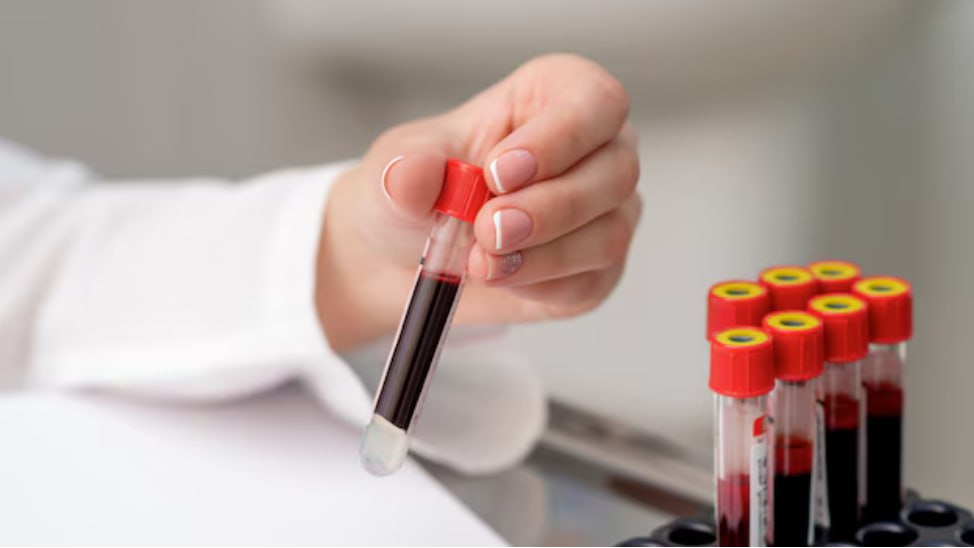

A routine heart surgery in Bengaluru has led to a remarkable medical discovery: the identification of a new blood group, never before seen anywhere in the world. The finding, which was confirmed after ten months of intensive research, places a 38-year-old Indian woman in the annals of medical history and highlights the country's growing role in global blood research.
The journey began last year when a woman was admitted to a hospital in Kolar for a heart procedure. When surgeons requested compatible blood for the surgery, they encountered a major problem. Her O-positive blood reacted negatively with every available unit. The sample was then sent to a specialized blood centre in Bengaluru, where experts confirmed it was 'panreactive', meaning it was incompatible with all standard matches. Even blood from 20 of her family members was not a match.
Doctors skillfully managed the surgery without a transfusion, and the patient recovered well. However, the mystery of her unique blood remained.
To solve the puzzle, her blood samples were sent to the International Blood Group Reference Laboratory in the UK. After ten months of detailed analysis, scientists there identified a new, previously unknown antigen within the Cromer blood group system.
The new type has been officially named 'CRIB', a name derived from Cromer, India, and Bengaluru. The discovery underscores the critical importance of developing comprehensive rare donor registries in genetically diverse populations like India's, ensuring that patients with unique blood needs can receive life-saving care in the future.